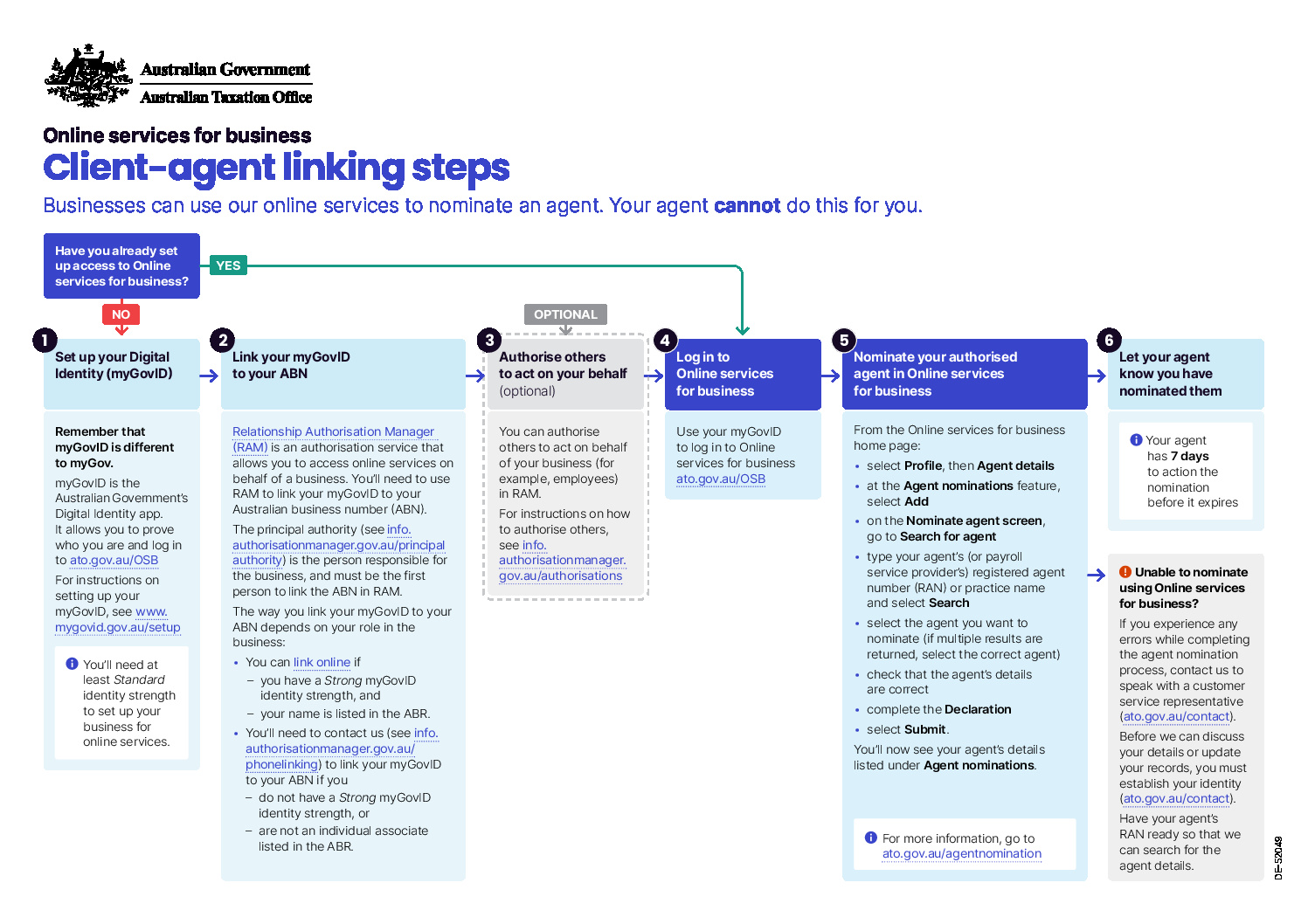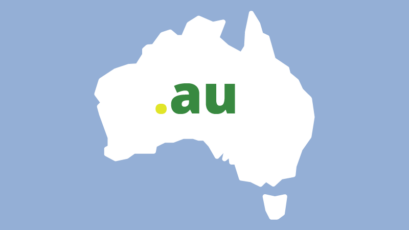Whilst having dinner with friends recently, the topic of “charging your kids board” came up and it seems everyone has differing points of view on this.
The ‘anti-boarders’
One couple argued that they felt their kids would have time enough to pay their way once they moved out, and as long as they covered their other expenses like car and phone bills, lodgings and food would be free.
The ‘pro-boarders’
On the other hand, myself and others in the group felt it was just a “rite of passage” to becoming a grown up. It never hurt us when our parents charged board and so it was something we were passing on to our kids.
Is it just an outdated tradition?
While the discussion of pro and anti-boarding was going around the table, it did get me thinking – is it still relevant today or is it just an idea being passed down from one generation to another that bears no real financial learnings?
When our daughter commenced full-time work and the conversation was raised in our household about paying board, she argued the point of “why?”– what was different from when she was in school to now? Her thought was, nothing had changed at home and I can see where her argument was coming from; we provided a roof over her head and food on the table yesterday and we would still provide these things to her tomorrow, so why should she suddenly be paying for it?
So whilst it was a reality check for her, she acknowledged that it would be the cheapest “rent” she would ever have to pay. Where else would she get food, lodgings, free WiFi and Netflix for the small contribution we were expecting?
To us, it wasn’t about the $3,900 per year she would contribute towards the grocery bills or electricity bills. It was about teaching her a sense of responsibility and learning to budget in preparation for much bigger financial commitments ahead.
So much of what I’m surrounded by here at Quill, is financial planning and our advisers working with people to save for their first home, new car or simply managing their finances better. It’s not uncommon to see people stretching themselves and living outside of their means.
Australians in debt
An article I read recently about the amount of debt Australians live with, explained that we have the fifth highest debt levels in the world. Since 1988, the ratio of household debt to disposable income has blown out from 65% to 185%. This article discussed the various contributing factors and suggested that people need to rethink the way they manage their everyday finances and day-to-day cash flow.
As an adult, you have access to financial planners to help you create plans to manage your financial future. As a parent, I think you can start helping your kids learn about cash flow and managing their money before they reach that time. Whether it’s through paying board, or not, or even pocket money, maybe these are the little steps you can take to get them thinking about these kinds of things.
I would love to know your thoughts, did you pay board as a teenager, and do you think it helped prepare you better for the real world?













